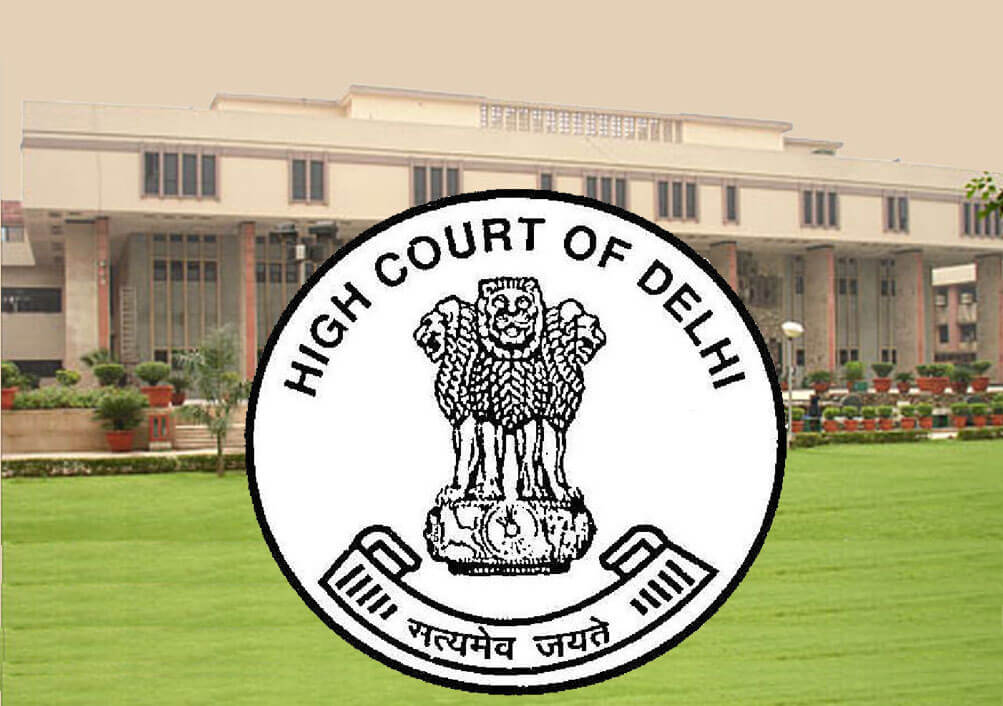Delhi High Court dismisses application seeking leave to appeal against acquittal order after Tata Power fails to prove that meter was ‘dishonestly’ burnt by consumer
Justice Navin Chawla [16-04-2024]

Read Order: TATA POWER DELHI DISTRIBUTION LIMITED v. AMIT BANSAL [DEL HC- CRL.L.P. 173/2024]
Tulip Kanth
New Delhi, April 24, 2024: While observing that the petitioner Tata Power Delhi Distribution Limited failed to prove that the meter was ‘dishonestly’ burnt by the respondent-consumer, the Delhi High Court has dismissed the application seeking leave to appeal against the Trial Court's order acquitting the respondent of offences under Sections 135, 138 and 150 of the Electricity Act, 2003.
The petition was filed by the petitioner- Tata Power Delhi Distribution Limited, a company engaged in the business of distribution and retail supply of electricity to its consumers in North and North-West parts of the National Capital Territory of Delhi. The respondent is a consumer of the petitioner company, availing of its services.
It was the case of the petitioner that on 09.07.2018 a team of the petitioner company visited the premises located in Delhi and found the body of the subject meter which was installed in the name of M/s. Jamna Industries and its resin cast CT completely burnt. The remnants of the burnt parts of the LT/CT Meter were seized.The total connected load to the premises was found to be 87.362 KW, used for the industrial purpose of manufacturing plastic dana.
The petitioner alleged that the consumption pattern of the subject meter was analysed, and the average recorded consumption was found to be 33.90% of the average computed consumption. Based on a lab report, the petitioner charged the respondent with theft under Section 135 of the Electricity Act and a theft bill of Rs 33,78,327 was raised on the respondent. The said amount was revised to Rs.26,57,771 during the proceedings before the Delhi Electricity Regulatory Commission.
The Single-Judge Bench of Justice Navin Chawla was considering a petition filed under Section 378(3) of the Code of Criminal Procedure, 1973 (Cr.P.C.) seeking leave to appeal against the judgment passed by the Additional Sessions Judge (Electricity), acquitting the respondent of offence under Sections 135, 138 and 150 of the Electricity Act, 2003.
Referring to these provisions, the Bench opined that to charge a person with offence of theft of electricity, under Section 135 of the Electricity Act, the prosecution must establish that such person has ‘dishonestly’ damaged or destroyed an electric meter. The onus of proof of the same shall always lie on the prosecution and such onus must be discharged on the touchstone of ‘beyond reasonable doubt’. The prosecution cannot shift this onus on the accused. It is not for the accused to prove his innocence.
It was noticed by the Bench in the onus to prove that the meter was ‘dishonestly’ burnt or destroyed by the respondent, was on the petitioner. To prove the same, it placed reliance on the report of M/s Truth Lab. The question to be determined by the Trial Court was the relevance of this report.
“Section 45 of the IE Act makes an opinion of an expert relevant”, the Bench said while further adding, “The opinion under Section 45 of the IE Act, therefore, has to be of a person who is ‘specially skilled’ in such science.”
Considering the fact that the author of the report-PW4 had admitted that she had no expertise or knowledge about the fire emerging from the electricity/electric meter, the Bench held that this itself made her report irrelevant to the facts of the present case.She also admitted that there was no scientific test through which she could conclude about the real cause of the burning of meter in question.
“From her above testimony, it is evident that the petitioner was unable to prove its case against the respondent on the touchstone of beyond reasonable doubt. In fact, the statement of the said witness creates more doubts than answers of the same”, it opined.
The High Court was of the view that even assuming the recorded consumption to be lesser than the average computed consumption of electricity, it could at best raise a doubt against the respondent, It couldn't act as a proof beyond reasonable doubt to hold that the respondent has dishonestly tampered with the meter.
Further referring To Sections 105 & 106 of the IEA, the Bench said, “...in the present case, it was for the petitioner to prove that the meter had been ‘dishonestly’ burnt by the respondent. The petitioner, having failed to prove the same, cannot shift this burden on the respondent by placing reliance on Section 106 of the IE Act.”
Reliance was also placed upon Anwar Ali & Anr. v. State of Himachal Pradesh, [LQ/SC/2020/688] and it was held, “It is also to be remembered that a decision of acquittal, strengthens the presumption of innocence in favour of the accused. At the same time, the appellate court, while considering a leave to appeal, has a duty to satisfy itself if the view taken by the trial court is both possible and plausible.”
Consequently, the Bench held that the petitioner failed to make out any ground to grant leave to appeal to the petitioner against the Impugned Order.
Sign up for our weekly newsletter to stay up to date on our product, events featured blog, special offer and all of the exciting things that take place here at Legitquest.




Add a Comment